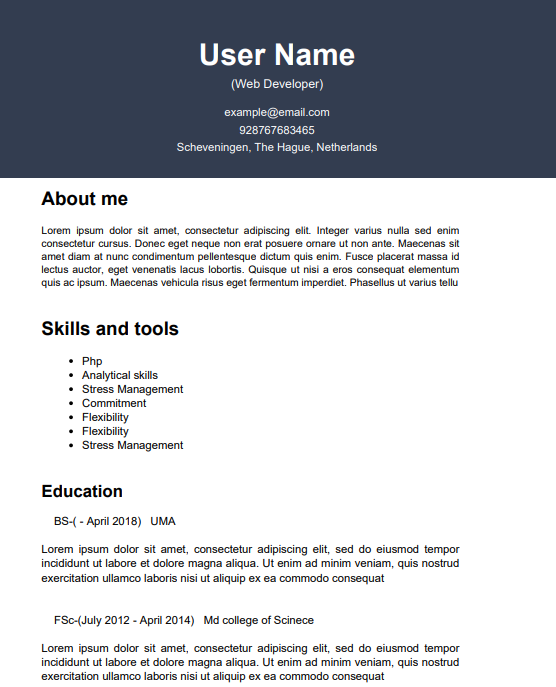Mastering Conflict Management in Football: A Guide for Teams and Athletes
Introduction:
In the high-stakes world of sports, where pressure and competition reign, conflict is inevitable. Whether it’s a disagreement between teammates or friction with coaching staff, how these conflicts are managed can significantly impact team harmony and an athlete’s mental well-being. This article delves into understanding and effectively navigating these challenging situations.
Understanding the Nature of Sports Conflicts:
Conflict in sports can manifest in various forms. It might be a clash of personalities between players, disagreements over training methods, or the internal struggle an athlete faces balancing personal life with rigorous training schedules. These conflicts, if left unresolved, can erode team spirit and hinder performance.
Consider a case where a star player and a coach disagree on training intensity. Without proper resolution, this can lead to resentment, reduced cooperation, and ultimately, a decline in team performance. Hence, recognizing and addressing conflicts early is crucial in a sports setting.
Theoretical Insights into Conflict Resolution:
“The Chimp Paradox” by Prof. Steve Peters offers an insightful framework for understanding conflict resolution. Peters posits that our brain has two primary ways of responding to conflict: the logical ‘human’ response and the emotional ‘inner chimp’ response. In high-pressure situations, the ‘inner chimp’ often takes over, leading to impulsive and emotional reactions.
By understanding this dual nature, athletes and coaches can better manage their responses to conflict. This understanding should be supplemented with theories like emotional intelligence and transactional analysis, providing a well-rounded approach to conflict resolution.
Practical Strategies for Conflict Management: Effective conflict resolution in sports requires a combination of emotional control and clear communication. Here are some strategies:
- Active Listening: This involves fully concentrating on, understanding, responding to, and remembering what is being said. In conflicts, active listening can help clarify misunderstandings and show empathy towards different viewpoints.
- Clear and Non-Threatening Communication: Expressing thoughts and feelings clearly without aggression or defensiveness is vital. It encourages open dialogue and prevents the escalation of conflict.
- Emotional Regulation: Athletes should be trained to recognize their emotional responses (the ‘inner chimp’) and learn to engage their rational ‘human’ side in conflict situations. Techniques like mindfulness and breathing exercises can be beneficial.
- Team-Building Activities: Regular team-building exercises can foster mutual respect and understanding, laying a foundation for smoother conflict resolution.
- Seeking External Mediation: Sometimes, involving a neutral third party like a sports psychologist can help resolve deeper conflicts.
Preventive Measures:
Creating a team culture that actively minimizes the occurrence of conflicts is as important as resolving them. Regular team meetings, open communication channels, and a clear set of team values can play a significant role in preventing conflicts.
Learning from Real-Life Examples:
Case studies of successful conflict resolution in sports can provide practical insights. For instance, a coach who successfully mediated a conflict between two key players leading to improved team dynamics can serve as a valuable lesson.
Conclusion:
Conflict in sports is not necessarily detrimental. If managed effectively, it can lead to personal growth, improved team dynamics, and better performance. Athletes, coaches, and sports professionals must view conflict as an opportunity for learning and development. As American football coach Vince Lombardi once said, “Individual commitment to a group effort – that is what makes a team work, a company work, a society work, a civilization work.” Embracing this spirit of cooperation and conflict resolution is key to success in the highly competitive world of sports.


